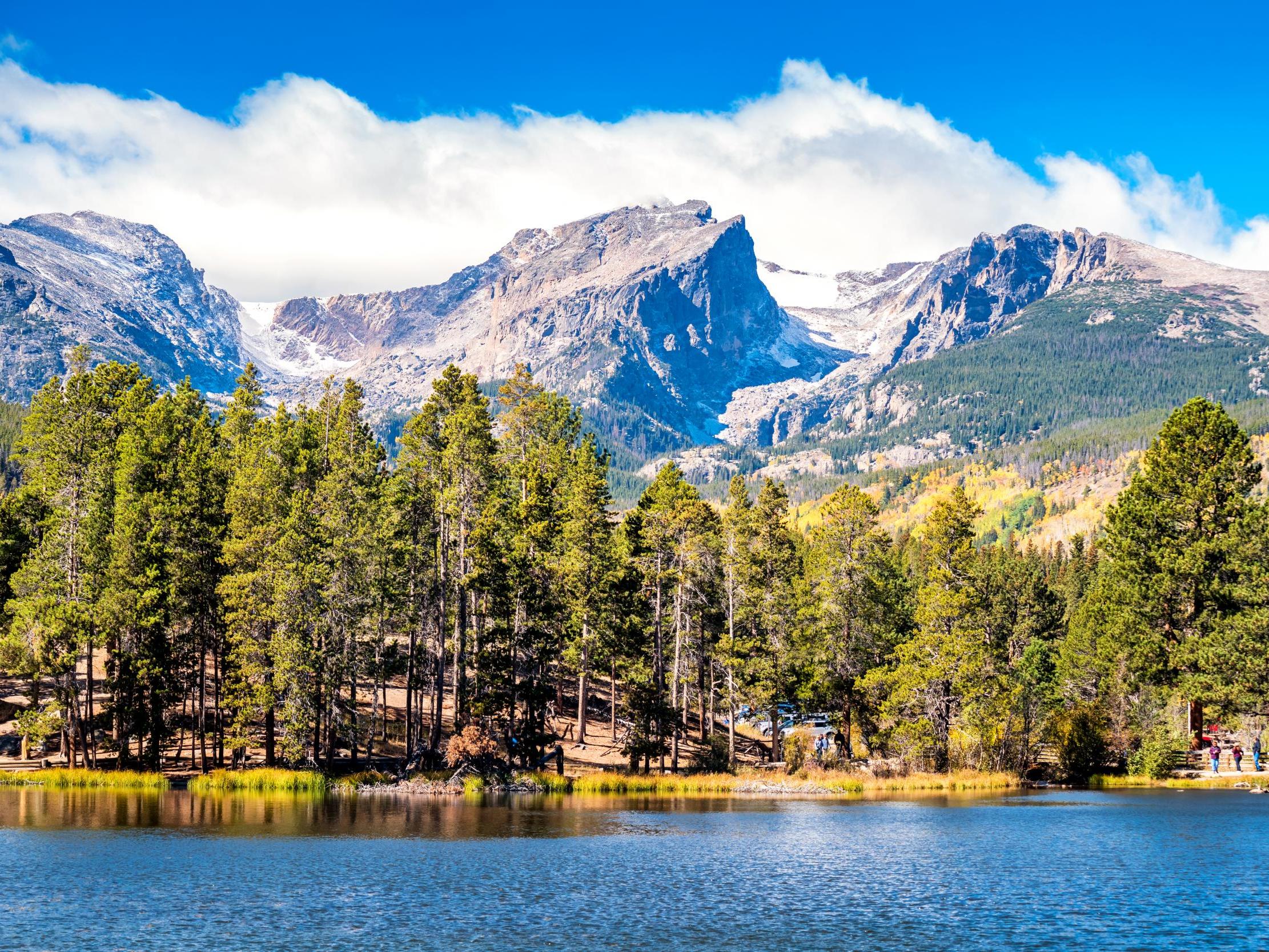It’s raining multicoloured plastic in the Rocky Mountains, scientists find
Plastic was identified in more than 90 per cent of rainwater samples taken from across Colorado

Your support helps us to tell the story
From reproductive rights to climate change to Big Tech, The Independent is on the ground when the story is developing. Whether it's investigating the financials of Elon Musk's pro-Trump PAC or producing our latest documentary, 'The A Word', which shines a light on the American women fighting for reproductive rights, we know how important it is to parse out the facts from the messaging.
At such a critical moment in US history, we need reporters on the ground. Your donation allows us to keep sending journalists to speak to both sides of the story.
The Independent is trusted by Americans across the entire political spectrum. And unlike many other quality news outlets, we choose not to lock Americans out of our reporting and analysis with paywalls. We believe quality journalism should be available to everyone, paid for by those who can afford it.
Your support makes all the difference.It’s raining multicoloured plastic in the Rocky Mountains, according to the latest research that suggests microplastics are found in even the most remote parts of our planet.
Plastic shards, beads and fibres were identified in more than 90 per cent of rainwater samples taken from across Colorado, including at more than 3,000 metres high in Rocky Mountain National Park, according to researchers from the US Geological Survey.
According to the study, scientists say the find suggests “the wet deposition of plastic is ubiquitous and not just an urban condition”.
Lead US Geologic Survey researcher Gregory Weatherbee told The Guardian: “I think the most important result that we can share with the American public is that there’s more plastic out there than meets the eye. It’s in the rain, it’s in the snow. It’s a part of our environment now.”
Scientists – who were studying nitrogen pollution at the time – collected rainwater samples across Colorado and analysed them using microscopes.
They believe rubbish dumped in the environment is the main source of microplastics and plastic fibres released from synthetic clothes is also a significant source.
In April, another group of researchers discovered substantial amounts of plastic waste on a remote catchment in the French Pyrenees mountains. They found 365 particles of microplastics in each square metre, according to the study published in Nature Geoscience.
Using atmospheric simulations, they found plastic waste was transported through the atmosphere from at least 100 kilometres away.
Microplastics have been described as a significant threat to marine life and have been found in rivers, oceans and Arctic regions.
In June, another study found British rivers are so polluted with waste almost all samples contain microplastics. The study of 13 UK rivers by Greenpeace revealed they all had microplastics in them.
More than four-fifths of the polymers found by Greenpeace were polyethylene, polystyrene and polypropylene, which are used to make products such as food packaging, milk and water bottles and carrier bags.
The growth in single-use consumer plastics has fuelled a surge in plastic pollution around the world. It is estimated there are now 5.25 trillion pieces of ocean plastic debris, and a recent report estimated the quantity of plastic in the sea will treble by 2025.
Around 40 per cent of plastics are thought to enter the waste stream in the same year they are produced.
Join our commenting forum
Join thought-provoking conversations, follow other Independent readers and see their replies
Comments